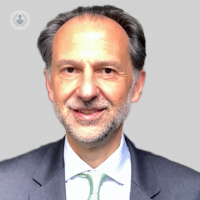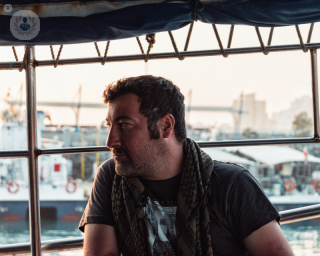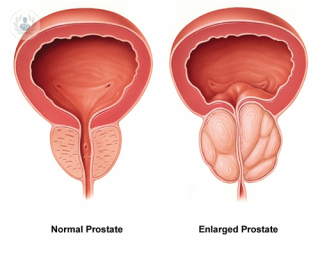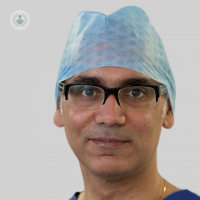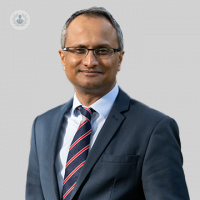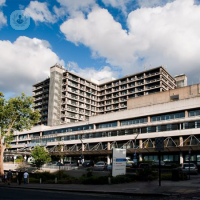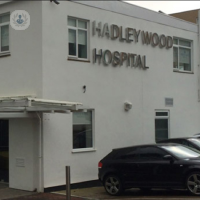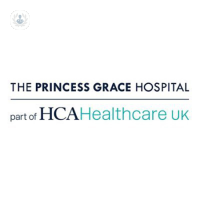Prostate
What is the prostate?
The prostate is a gland of the male urinary and reproductive system a little larger than a walnut. It is located between the bladder and the penis, behind the intestine, with the urethra running through it.

What is the function of the prostate?
The main function of the prostate is to produce prostatic fluid, which is then secreted into the urethra. The prostatic fluid is part of semen along with seminal vesicle fluid and spermatozoa. Prostatic fluid contains the necessary elements to extend the lifespan of sperm. The muscles of the prostate help to create the force needed to expel semen during ejaculation.
The prostate is also responsible for controlling the urine stream via muscle contraction around the urethra, which carries urine from the bladder to the penis. It is therefore able to decrease or interrupt the urine stream.
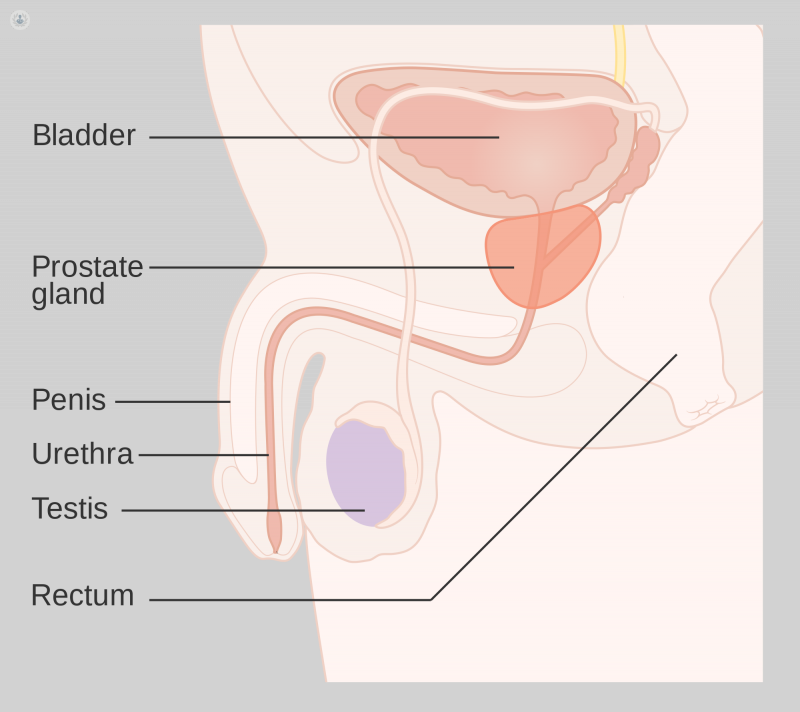
What problems and conditions affect the prostate?
Men can be affected by several conditions of the prostate:
- Prostatitis – inflammation of the prostate. This can be caused by infection.
- Benign prostate enlargement/benign prostatic hyperplasia (BPH) – growth of the prostate with age can affect urination and cause other symptoms.
- Prostate cancer – the most common cancer in men, but also very treatable, with a high survival rate.
Prostatitis usually affects younger men, while the other conditions are more common in adults and in the elderly.
How is prostatitis treated?
Prostatitis may be treated with antibiotics and anti-inflammatory medications, and the patient may have to follow a specific diet (focusing on making sure they get enough nutrients and liquids).
How is chronic prostatitis treated?
There are different types of chronic prostatitis, including:
- Chronic bacterial prostatitis
- Chronic prostatitis/chronic pelvic pain syndrome (CP/CPPS)
After diagnosis of chronic prostatitis is made, treatment can start. Treatment depends on the type of infection you have.
A course of antibiotics is the typical initial treatment, and patients should take them between four to 12 weeks. With CP or CPPS, medications that reduce or eliminate symptoms such as muscle relaxers, pain relievers and anti-anxiety medications are commonly prescribed.
Prostatic massage can also help to drain the fluid that's causing inflammation, while discomfort can be relieved via hot baths and heat pads.
How is BPH treated?
Benign prostatic hyperplasia may be treated with α1-blockers, which relax the muscles around the urethra and 5α-reductase inhibitors, which will inhibit the transformation of testosterone. If medication is ineffective, there are also surgical options.
How is prostate cancer treated?
Prostate cancer may be treated in a number of different ways, depending on the nature of the cancer and the patient’s choice. Some may choose to wait and observe to see if the cancer is growing. Others may opt for chemotherapy, radiotherapy, prostate brachytherapy, hormone therapy, or surgery to remove part or all of the prostate (prostatectomy). Patients may also be recommended a combination of these treatments to ensure the cancer is eradicated.

What are the different stages of prostate cancer?
The most common system that doctors use to grade prostate cancer is called the Grade Group, which is also known as the Gleason score.
There are five Grade Groups, which are classed based on a Gleason score. After a biopsy is taken, where a pathologist looks at several samples of prostate samples, the Gleason score will be worked out by adding together the two most common Gleason grades.
- Grade group 1
- The cancer is likely to grow very slowly, if at all. The cells look similar to normal prostate cells.
- Grade group 2
- Again, the cancer is likely to grow slowly and most prostate cancer cells look similar to normal cells.
- Grade group 3
- The cells look less like normal prostate cells and the cancer is likely to grow at a medium rate.
- Grade group 4
- The cancer might grow quickly or at a medium rate, and some cells look abnormal.
- Grade group 5
- The cancer is likely to grow quickly and the cells look very abnormal.
Which specialist should I see about prostate problems?
You should see a specialised urologist.
